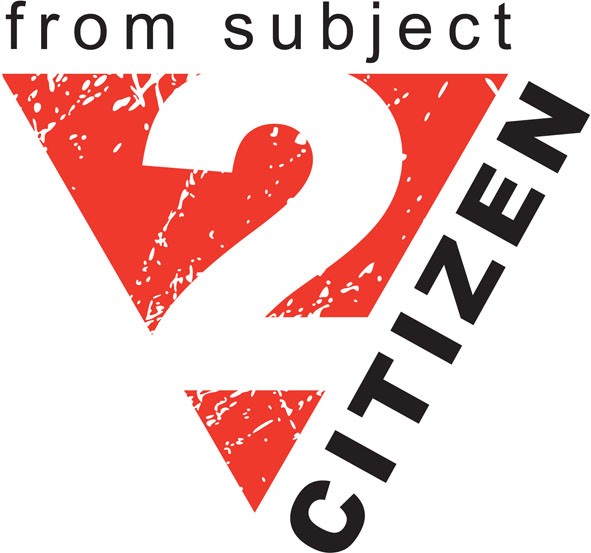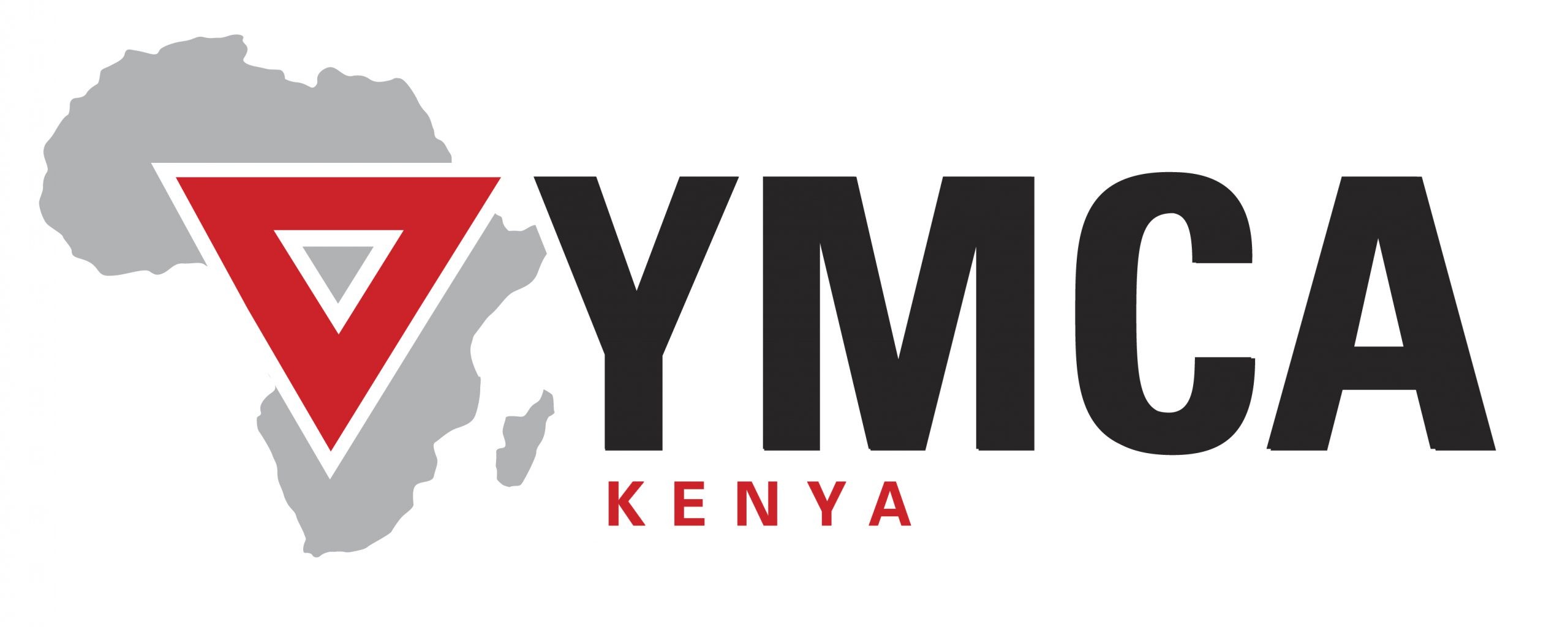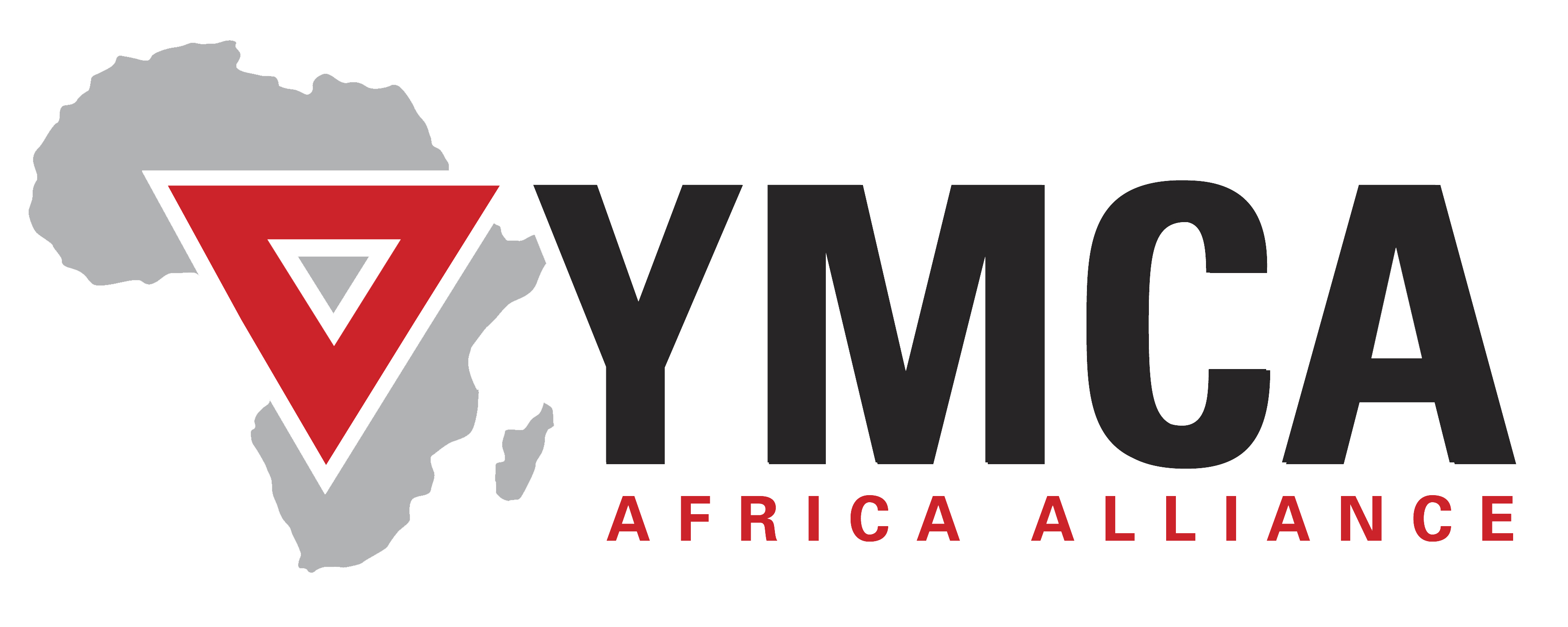"Transforming young people from Subject to Citizen"
Sex Manenoz: Men and SRHR

The overall goal of #SexManenoz: Men and SRHR project is to ensure that young men in the project areas within Kenya and Zambia have knowledge and skills for positive masculinities that promote women’s access to Sexual and Reproductive health rights. The project seeks to address cultural norms, beliefs and practices that perpetuate imbalances in power relations between young men and women and deny the young women access to their Sexual and reproductive health rights.
According to the UN Department for Economic and Social Affairs 2018 progress report on SDG 5, while some forms of discrimination against women and girls are diminishing, gender inequality continues to hold women back and deprives them of basic rights and opportunities. Empowering women requires addressing structural issues such as unfair social norms and attitudes as well as developing progressive legal frameworks that promote equality between women and men.
This project addresses the social structures that perpetuate hegemonic masculinities among the cohort of young men aged 15- 30 years in the two countries. It identifies gaps in policy that allow for situations of sexual harassment, sexual abuse and violence against women, preventing young women from accessing SRHR in Zambia and Kenya. In addition to creating access to SRHR information and services, the project works to build the participants’ voice, space and ability to influence. These are defined as:
- voice– the skills and confidence to articulate opinions, viewpoints and meaningful contribution to the protection of Sexual and reproductive Health rights for girls;
- space – where voice is articulated (in this case within the Power Space) on SRHR and in stakeholder engagement at country level;
- the ability to Influence –using voice to positively impact on decision-making that improves the situation for young women in particular over their access to SRHR.
The project promotes gender equality by ensuring that both men and women have equal access to Safe Spaces, positive relationships and to information and health rights. This project is a demonstration of the power of collaborative efforts between the sexes in identifying and responding to community challenges especially youth SRHR.
The overall objective of the project is for young men in Kenya and Zambia to have knowledge and skills for positive masculinity that promotes women’s access to SRHR
- Evidence on the impact of gender transformation on women’s SRHR in targeted project areas gathered and disseminated.
- Young men take up positive masculinity attitudes and behavior that supports gender equality and the protection of women’s SRHR
- Young men have skills for communication and advocacy for campaigns to promote Women’s SRHR
The key project anticipates three key deliverables:
- Research study report that informs and strengthens male engagement in SRHR programming in targeted countries as well as the African Region.
- A Power Space methodological framework for male engagement in gender equality and specifically for the promotion of women’s SRHR
- An advocacy strategy targeting policy-makers at national and regional level on how policies and health strategies integrate and action male engagement
Our project is based on the premise that unwanted sexual advances from adult males, coercive sexual relations and unequal gender relations contribute significantly to women’s sexual health vulnerabilities. Consequently, male engagement in the SRHR arena is crucial in addressing stereotypical gender norms, and how they influence women’s access to SRHR information and services. This project is expected to impact on increased informed use of contraception, a reduction in teenage pregnancies, prevalence of STIs, violence against women, and especially rape culture.
This project will upscale the transformative masculinity approach which seeks to challenge traditional gender roles and attitudes about what defines masculinity. A transformed man will therefore pursue social, romantic and work relationships that appreciate women’s contribution and also speak out against sexual harassment of women and girls. AAYMCA, Kenya YMCA and Zambia YMCA will work directly with young men as well as with stakeholders including community leaders (traditional and religious included) to challenge social norms and culture that promote dominant masculinity and especially its impact on Women’s SRHR. Through masculinity sessions in Power Spaces the project will investigate the barriers and influences to male engagement in SRHR, how these barriers can be addressed and how positive influences can be amplified. With community leaders, young men have dialogues to challenge the social norms and barriers to male engagement in SRHR and identify solutions to promotion of gender equality in the community.
These Transformative masculinity sessions and intergenerational dialogues will be guided by clear research questions and delivered within the Power Space which is accessible, non-judgmental and promotes accountability among participants. AAYMCA and participating organisations will also collaborate with local organisations such the Kenya YWCA and Zambia YWCA with whom relationships have already been established through other programmes.
This project is unique in its approach because it seeks to use a powerful youth empowerment methodology (Power Spaces), combined with an immersive research methodology and a co-creative community engagement process build knowledge on transformative male engagement in SRHR in two countries. The premise of the intervention is that young men have not sufficiently been included as partners in initiatives to shift hegemonic power relations that traditionally exist between men and women in the community.
Further, it not only specifically targets men but does so in the context of an innovative methodology of the continental YMCA movement that has been tested as a catalyst of social change within the countries where the YMCA is present - and one which has been developed through co-creation - the Power Space. Through the use of Power Space in this research project, we provide an opportunity for open non-confrontational communication and interactions that will challenge social and cultural norms and bring our positive SRHR outcomes for both genders.
Already, through our two programmes from which this is born, ARealManIs and SexManenoz, we have been able to test the PowerSpace methodology whose ultimate intention is for youth to experience self- awareness, unlock potential and connect with opportunities. In the context of this project, the PowerSpace supports men to interrogate their perceptions and the issues that have influenced their behavior towards their female counterparts especially where sexual relations are concerned. Further, they will unlock their potential and be involved in the campaigns to promote women’s SRHR. Ultimately, both the young men and women in the project will connect with opportunities for better access to SRHR information and services through collaborations with organisations that offer these.
In addition, among the results of the project is a refined Power Space methodology to engage men that will be scaled up in the targeted countries, within the network of YMCAs across Africa and at the World Alliance of YMCAs level.

PARTNERS


